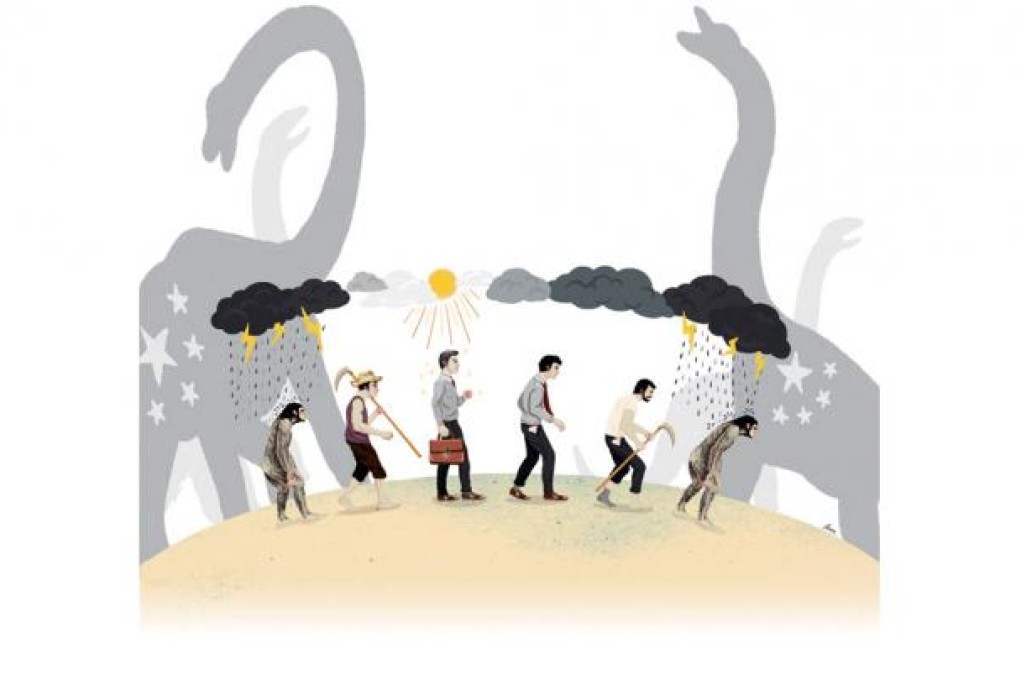Beijing has to reform its loss-making state-owned firms, say analysts
Analysts say Beijing has to take its loss-making state giants in hand before their declining productivity threatens growth in the next decade

The Chinese economy's state-owned giants - dubbed "the elder sons of the republic" for always getting the best share of everything - have gone from strength to strength in the past decade.

State-owned China Petrochemical (Sinopec), China National Petroleum Oil Corporation (CNPC) and State Grid are now ranked among the top 10.

Overseas media reports then were dominated by talk of how the "economic dinosaurs" could collapse overnight, putting millions of people out of work, sparking widespread social unrest.
The transformation since then has been remarkable, but some critics have pointed out that the SOEs' revival was largely based on preferential policies, massive subsidies and market monopolies.
They benefit from lower borrowing costs, easy access to land and other resources, and the power to set prices.